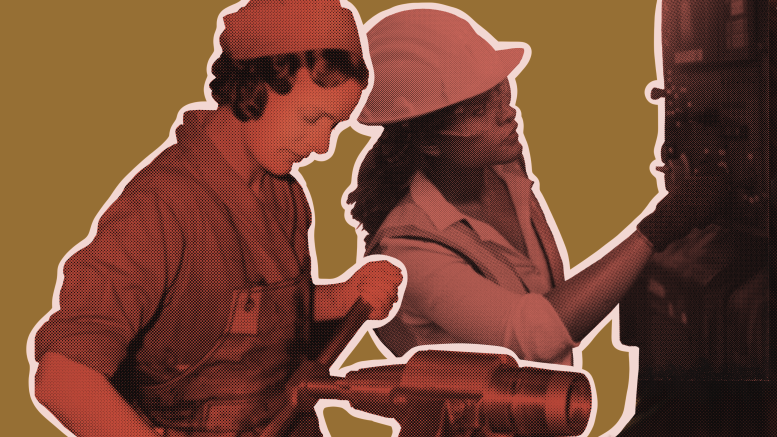Karl Marx. A name that often evokes a mix of intrigue and apprehension.
Before starting my master’s program, my understanding of Marx was likely what many students share, a vague association with conflict theory and communism — a system painted as a dystopian nightmare where everyone is equal in misery. Images of oppressive regimes and breadlines might come to mind, fueled by Cold War rhetoric and popular culture.
The complexities of Marx’s critique of capitalism and his vision for a different society seemed lost in the noise. Preparing to read Capital felt a bit like math class, where everyone talked about how difficult it is, creating a preemptive fear before you even crack open a textbook.
Initially, misconceptions and ambiguity surrounded Marx for me. I questioned the very foundation of his critique. I had previously accepted that capitalism was responsible for our relative prosperity, that it incentivized risk taking and innovation and that the wealthy simply reaped the rewards they sowed.
Further complicating matters, Marx’s vision of a classless society is often dismissed as utopian and unrealistic. Philosophers such as Thomas Hobbes and Herbert Spencer had already painted a bleak portrait of human nature as inherently self-interested and competitive, driven by a constant struggle for survival (“survival of the fittest”).
I wondered if a classless society could truly exist. Could resources and power be distributed equally? Who would decide the terms of this distribution, and how would it be enforced? Wouldn’t the privileged class fiercely resist any system that threatened their advantages?
After all, the entire system seemed rigged in the favour of capitalists, from the state apparatus to educational curriculums promoting obedience and conformity. Even protesting this system risked police brutality and travel limitations. In this seemingly inescapable capitalist structure, how could Marx’s ideas ever be implemented?
In my head, I equated the effort required to understand him with the stress of grappling with complex word problems, all for a solution that seemed fanciful at best. My initial resistance culminated in a declaration to my professor, “I am not a Marxist, I don’t think I will ever be!” Little did I know, as Marx himself might point out, the capitalist system had thoroughly indoctrinated me.
However, as I dived deep into my master’s program, I realized Marx is not just some boogeyman from history books. He is a profound thinker, writer and visionary whose ideas, though complex, hold surprising relevance in today’s world.
In class discussion, dissecting the seemingly straightforward process of commodity exchange, Marx’s analysis revealed a hidden world of exploitation. His witty use of language, like describing the capitalist as “Mr. Moneybags” captures the capitalist’s relentless pursuit of surplus value – the unpaid labour fueling their profits. Surplus value refers to the difference between the value a worker produces and wages paid.
More so, Marx famously used the example of linen and cotton factories in his critique. He observed how the seemingly fair exchange of a worker’s time for wages masked a deeper reality. The value of the finished cloth far exceeded the cost of the raw materials and the worker’s wages. This difference represented the surplus value extracted by the factory owner. By extending the workday or introducing faster machinery (seemingly to benefit the worker), the owner could squeeze even more surplus value from the labourer’s toil.
Through Marx’s lens, I began to understand that the “common sense” belief in the capitalist world – that working longer hours or taking on more shifts would lead to a better life – was a carefully crafted narrative. At the end of the day, the fundamental struggle of workers remains the same, only masked by the glitter of consumerism.
Marx’s critique extends far beyond the factory floor. We see echoes of surplus value extraction in the gig economy, where workers freelance for platforms that take a significant cut of their earnings. Micromanaging workplaces and the rise of automation are modern tools to squeeze more output from employees. Minimum wage increases that barely keep pace with inflation exemplify how the system can leave workers struggling to survive, never truly benefiting from the wealth they help create.
While Marx may not have provided a detailed blueprint for his ideal society, his critique of capitalism offers a powerful framework for understanding the inequalities and contradictions that persist today. The issues he raised, the exploitation of labour, the boom-and-bust cycles and the ever-widening gap between rich and poor remain worryingly relevant.
Finally, engaging with Marx’s Capital is not about blindly adopting his solutions. It’s about recognizing the current system’s limitations and fostering critical thinking about how we can create a more just and equitable future.


